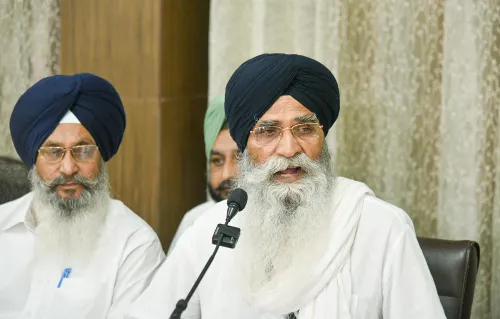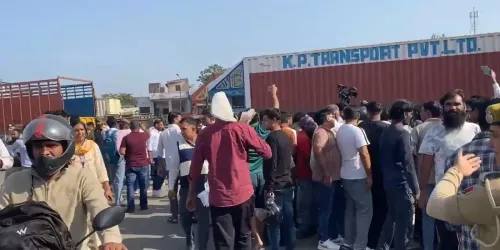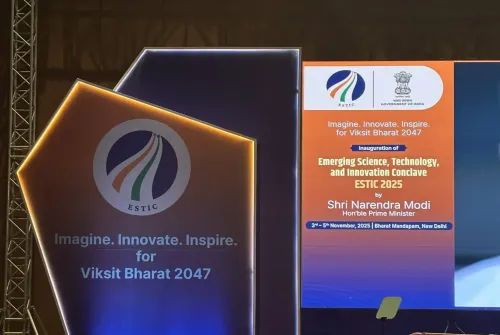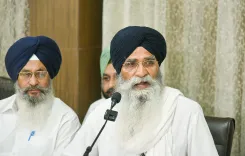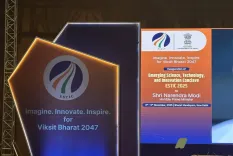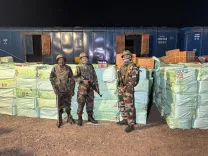Would a Counterstrike Have Changed the Outcome After the Mumbai Attacks?
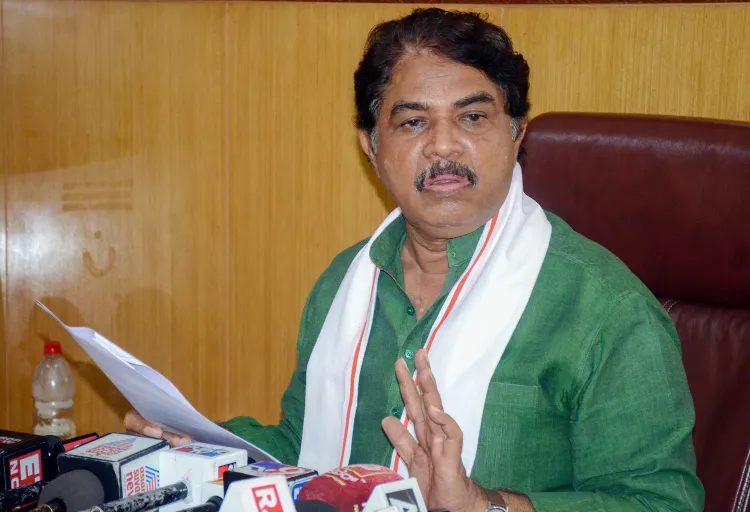
Synopsis
Key Takeaways
- R. Ashoka calls for decisive military action similar to Operation Sindoor post-26/11.
- Political divisions are evident regarding responses to terrorism.
- The Congress party faces criticism for its stance on peace in wartime.
- Public sentiment plays a crucial role in shaping political strategies.
- Calls for accountability from party leaders reflect broader concerns on national security.
Bengaluru, May 7 (NationPress) The Leader of Opposition in the Karnataka Assembly, R. Ashoka, expressed on Wednesday that had a counterstrike similar to Operation Sindoor been conducted after the 26/11 Mumbai terror attacks, the situation would have been addressed long ago.
During a press conference in Bengaluru, he stated that Indian forces have effectively targeted terrorists in response to the heinous actions against Hindus.
"Prime Minister Narendra Modi has significantly impacted Pakistan. India has demonstrated its capability to strike on enemy territory. If such a decisive action had taken place during the Mumbai attacks, the matter would have been settled then," he remarked.
"In these times, the Congress party posts about peace on social media. The President of the Uttar Pradesh Congress made a video of tying a lemon to a fighter jet. Meanwhile, Karnataka Minister Zameer Ahmed claims he would go with a bomb strapped to him. When the last surgical strike occurred, Congress leaders demanded proof. Now, the evidence is everywhere in the media before they could even ask for it," Ashoka noted.
"Will Congress leaders continue to seek evidence or will they keep chanting mantras of peace? Which side is the Congress party really on? The Karnataka Congress, preaching peace during wartime, has entirely lost its direction. This is an affront to our nation," Ashoka stated.
"While Congress National President Mallikarjun Kharge supports the Central government, Chief Minister Siddaramaiah opposes war. The Karnataka Congress and the National Congress are completely distinct entities. They disregard warnings from senior Congress figure Jairam Ramesh. Which side is this peace-promoting Congress on? This is a national insult. Kharge must act against the Karnataka Congress leaders now," Ashoka urged.
He noted that the Congress is anxious that a war with Pakistan could jeopardize their Muslim voter base. "While other states are expelling Pakistani nationals, Karnataka has yet to take action. Congress could at least have acknowledged our soldiers on social media. How long will Congress leaders persist in their peace rhetoric?" he said.
The BJP leader criticized Congress leaders for stating that war is a last resort. "Does this suggest that after everyone has perished, Congress ministers should be armed and sent in? Even if Minister Zameer goes in with a bomb, terrorists would not harm him. He should confront the Pakistani elements within India first. Let him strap a bomb and go to the sleeper cells in the Congress office," Ashoka remarked.
"Chief Minister Siddaramaiah has openly stated he avoids temples. However, for political maneuvering, he has applied tilak while addressing the media regarding Operation Sindoor. His faith in Hinduism is questionable," Ashoka alleged.
He further claimed the Congress government has unfairly suspended BJP MLAs in the Legislative Assembly. "This should only apply during the session. Speaker U.T. Khader seems unaware of how to manage the House. I reached out to him eight times and he responded, 'Come back later'."

